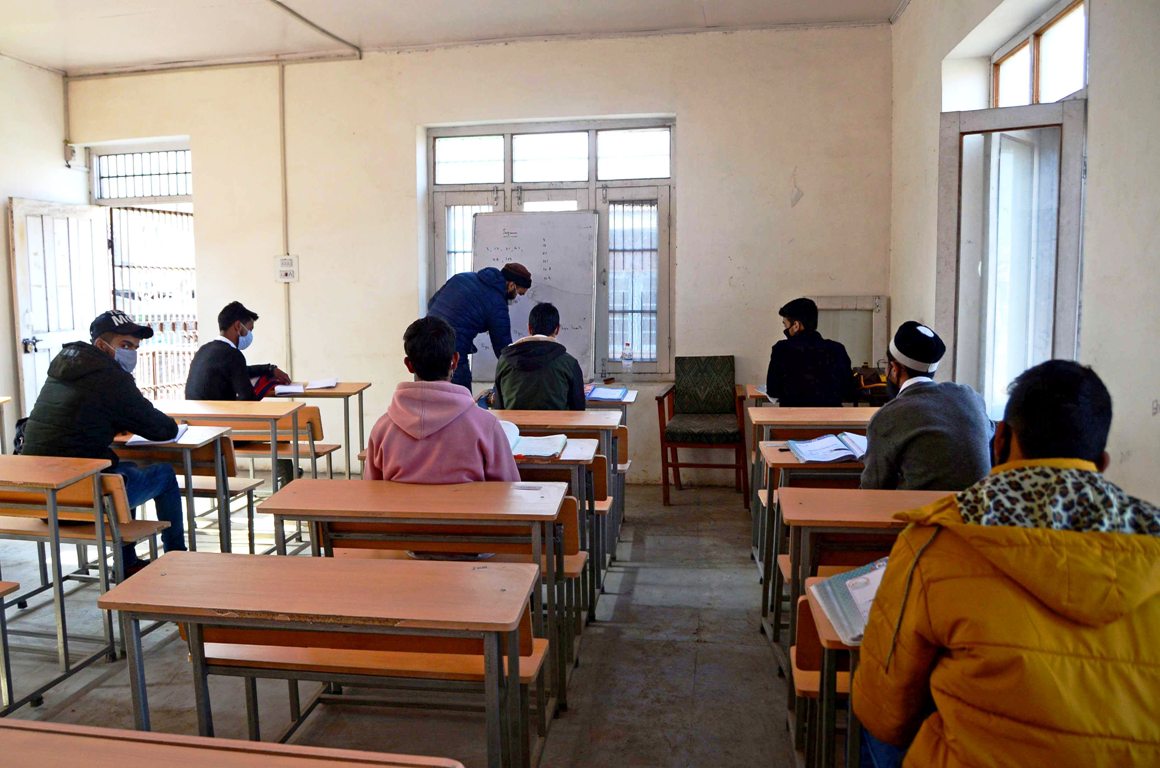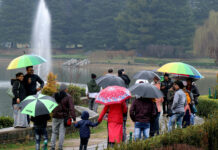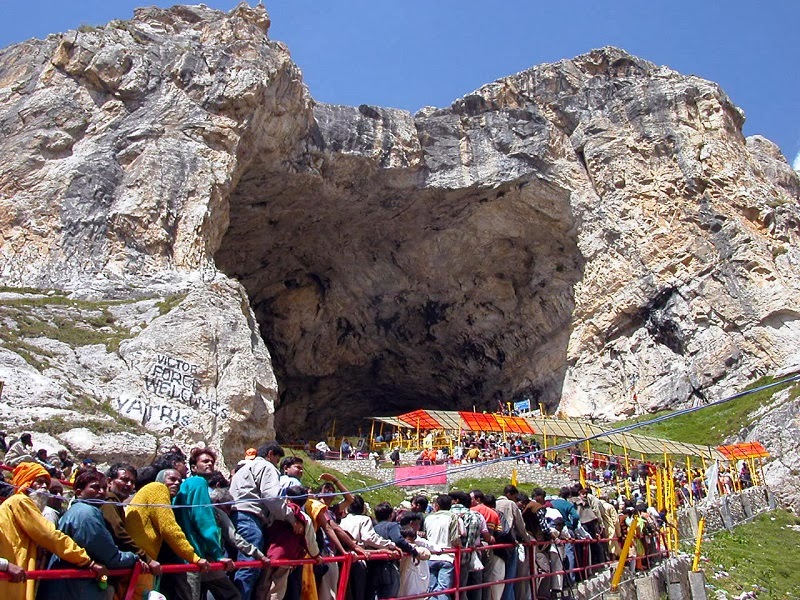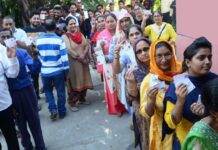SRINAGAR: With the efforts of the Health Department, the tuberculosis cases in Kashmir are on decline with authorities claiming that every effort is being taken to make JK TB free by 2025.
Quoting a top health official, KNO reported that TB cases are on decline and more and more districts are showing improvement with each passing day.
The official said that 18,506 cases of tuberculosis have been reported in Kashmir in the last five years.
In 2018, 4,774 TB cases were recorded in JK. In 2019, it was down to 4,080 TB cases, he said, adding that due to less screening because of Covid-19 Kashmir reported 2,840 cases.
Kashmir has recorded over 3376 Tuberculosis (TB) cases in 2022, with Srinagar on the top of the list with 1465 cases.
As per the data, there has been a sharp decline in TB cases in Kashmir division as compared to 2021.
In 2021, Kashmir division reported 3442 TB cases and 3,376 TB cases were reported in 2022, he said.
Out of 3376 TB cases in 2022, Srinagar district reported 1465 cases, followed by Anantnag district with 665 cases, Baramulla registered 599 TB cases, Kupwara district reported 361 cases, Pulwama 172 cases and Budgam district reported 114 TB cases in 2022.
State Tuberculosis officer, Dr Adfar Qadri said that J&K becomes a trendsetter in healthcare as two more districts-Anantnag and Pulwama have been declared TB free.
She said Srinagar has got a gold medal while the UT has got bronze and most of the other districts have maintained the status-quo.
She added last year Kashmir had got 3 gold medals and now they have got upgraded and Pulwama and Anantnag have been declared TB free.
“TB cases are declining in Kashmir. We will achieve TB elimination by 2025 as we are doing intensified and active case finding and case screening,” she said.
She said they had taken several measures over the years to develop infrastructure and employ manpower for the early detection and effective treatment of the disease.
Another official said that TB cases are more prevalent in rural pockets for many reasons. “First, this disease is known as poor man’s disease, though that scenario is changing now. But due to more population and lack of proper nutrition in rural areas, TB is more prevalent there,” he said
People do not seek medical consultation at the initial stage of TB. They usually think they will be fine within some days. But when their situation deteriorates, they consult a doctor,” he said.
He said that TB can be fully treated with an antitubercular drug with appropriate dosage at appropriate time.
Notably as per norms, districts or States/UTs which reported a decline of 20 per cent could have filed the claim under the ‘Bronze’ category which comes with a monetary award of Rs 2 lakh, those with a decline of 40 per cent could have filed the claim under ‘Silver’, and those with 60 per cent could have filed their claim for ‘Gold’. Those with 80 per cent reduction are conferred with ‘TB Free’ status with a monetary award of Rs 10 lakh as part of sub-national certification for TB Free districts and States.
Budgam was the first district to be declared TB free. Sub-national certification is an initiative to mark the progress of districts, states and UTs towards TB free status, which was initiated in 2020 to achieve the target of TB free India by 2025.
The sub-national certification is a process introduced by the Union Health Ministry in 2021 to reward well-performing States/districts when they achieve specific milestones in TB elimination.
The Health Ministry has set a target of reducing incidence of new TB cases by 80% to end TB by 2025 while efforts towards TB elimination vary across States/Districts.
In India, the Revised National TB Control Program (RNTCP) provides free TB treatment to all Government Medical facilities through the Directly Observed Treatment Short course Strategy (DOTS) system, recommended by the World Health Organisation.
Under this system, a patient is given an identification card that tracks their site of infection, severity and treatment course and adding them to a national database. (KNO)















